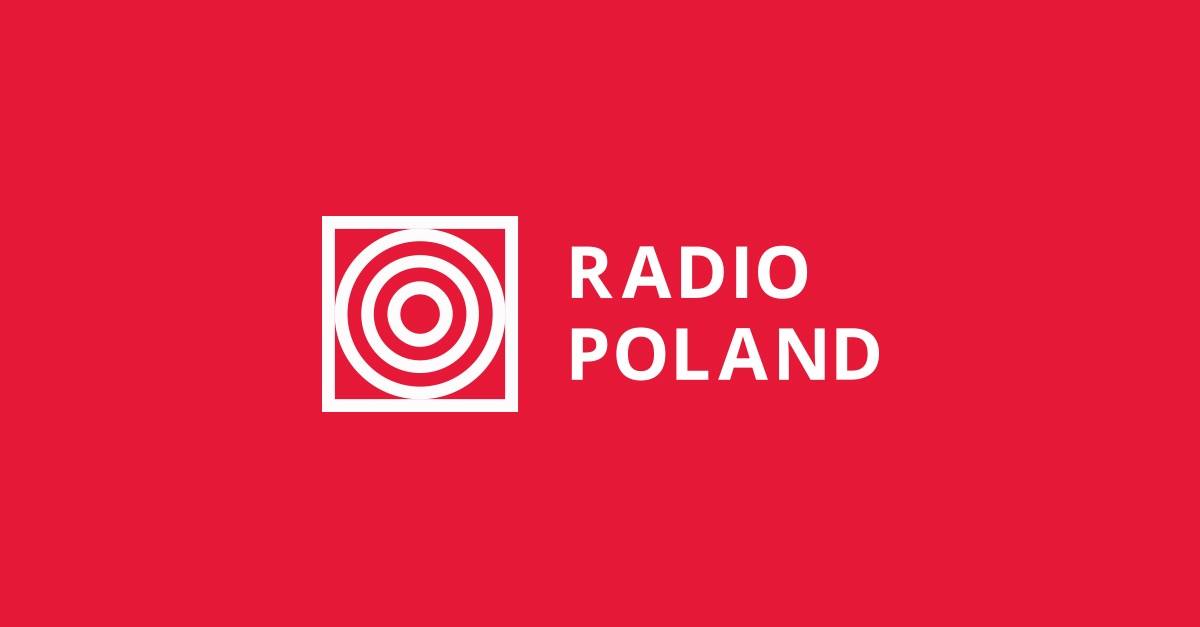German Chancellor Olaf Scholz has expressed opposition to a proposed ban on performances by Russian artists over Moscow’s invasion of Ukraine, media outlets have reported, as tensions continue to rise over the role of cultural figures in geopolitics.
Olaf ScholzPAP/EPA/CLEMENS BILAN
At a press conference on Thursday, Scholz was asked about his stance on the potential exclusion of Russian performers from German venues, Poland’s interia.pl website reported.
According to Germany’s DPA news agency, Scholz dismissed the notion, saying that the ban should exclusively target Russian propagandists rather than artists who may hold different views than Putin.
„Numerous Russians do not align with Vladimir Putin’s narrative,” Scholz said during the conference, according to interia.pl.
He added: „Russian culture is an integral part of our shared European history. It should not be summarily prohibited at this juncture.”
His statement follows a series of recent incidents in which artists encountered backlash due to their opinions or perceived allegiances.
The European Truth website drew attention to the cancellation of a concert by renowned Russian opera singer Anna Netrebko in Prague last week. The cancellation followed Netrebko’s inclusion in Ukraine’s sanctions list for her perceived failure to openly condemn Russian actions against Ukraine.
Moreover, on Monday, Moldova’s Interior Minister Adrian Efros announced his decision to bar Bosnian-born musician Goran Bregović from entering the country. The ban is founded on Bregović’s pro-Russian sentiments and his endorsement of Russia’s annexation of Crimea, according to reports.
Bregović, who performed in Crimea a year after the annexation, expressed his indifference to potential sanctions. He commented: „In the Balkans, we have always felt the influence emanating from the east, from Russia. I believe the Western reaction to it has been somewhat paranoid.”
Russia invaded Ukraine on February 24, 2022, launching the largest military campaign in Europe since World War II.
(jh/gs)
Source: interia.pl

